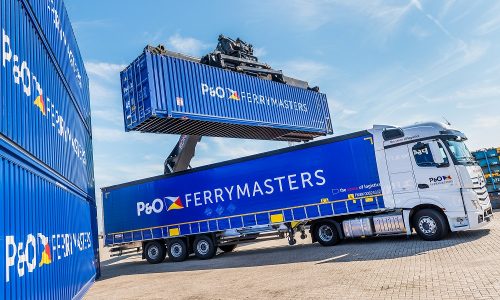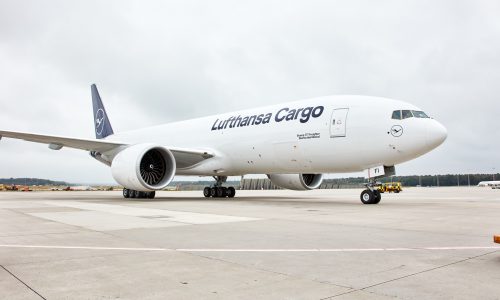As the UK government launches the competitive freeport bidding process, DP World and Forth Ports continue to push forward their bid for a Thames Freeport with London Gateway, the Port of Tilbury and Ford’s Dagenham engine plant at its heart.
Backed by the City Corporation of London, Essex Chamber of Commerce, London First, the Port of London Authority, the Thames Estuary Growth Board, Thurrock Council and the South East LEP, a Thames Freeport will drive innovation and transformational productivity gains by growing regional clusters in next generation logistics, automation, clean growth and advanced manufacturing. Vivid Economics is providing economic analysis in support of the bid.
With a network of global and European shipping connections, excellent road, rail and river distribution networks, in addition to unrivalled first hand expertise in operating freeports, the Thurrock-based combined port and logistics cluster has the scale to grow the associated aerospace, automotive and many complex manufacturing and processing businesses along the Thames.
A freeport will act as a job creation and high-quality development catalyst in an area of severe deprivation and economic need. Both ports have consented development land that is available for expansion now, with the aim to improve the opportunities for skilled jobs, bringing prosperity to the residents of Thurrock and beyond.
“Freeports will be an effective way of underpinning Britain’s economy post-Brexit and post-Covid by further enabling trade with the rest of the world and creating zones which will act as catalysts for commerce, creativity and prosperity,” commented Alan Shaoul, DP World UK’s Chief Financial Officer.
He added: “Freeports are part of our DNA. DP World began as a single free trade zone and free port in Dubai, Jebel Ali, while Tilbury was a freeport as recently as 2012 and we are confident we can replicate our recent success in the UK.”
Stuart Wallace, Chief Operating Officer, Forth Ports: “The Port of Tilbury and London Gateway are already the most integrated logistics hubs in the UK, harnessing the best-in-class border technologies, with commanding market leading positions across a range of commodities.
“A Thames Freeport would secure the next stage in the development of our sites, attracting further foreign direct investment, while acting as a testbed for new technologies, including autonomous and electric vehicles, leading to new skills opportunities across the Thames estuary development area.”

